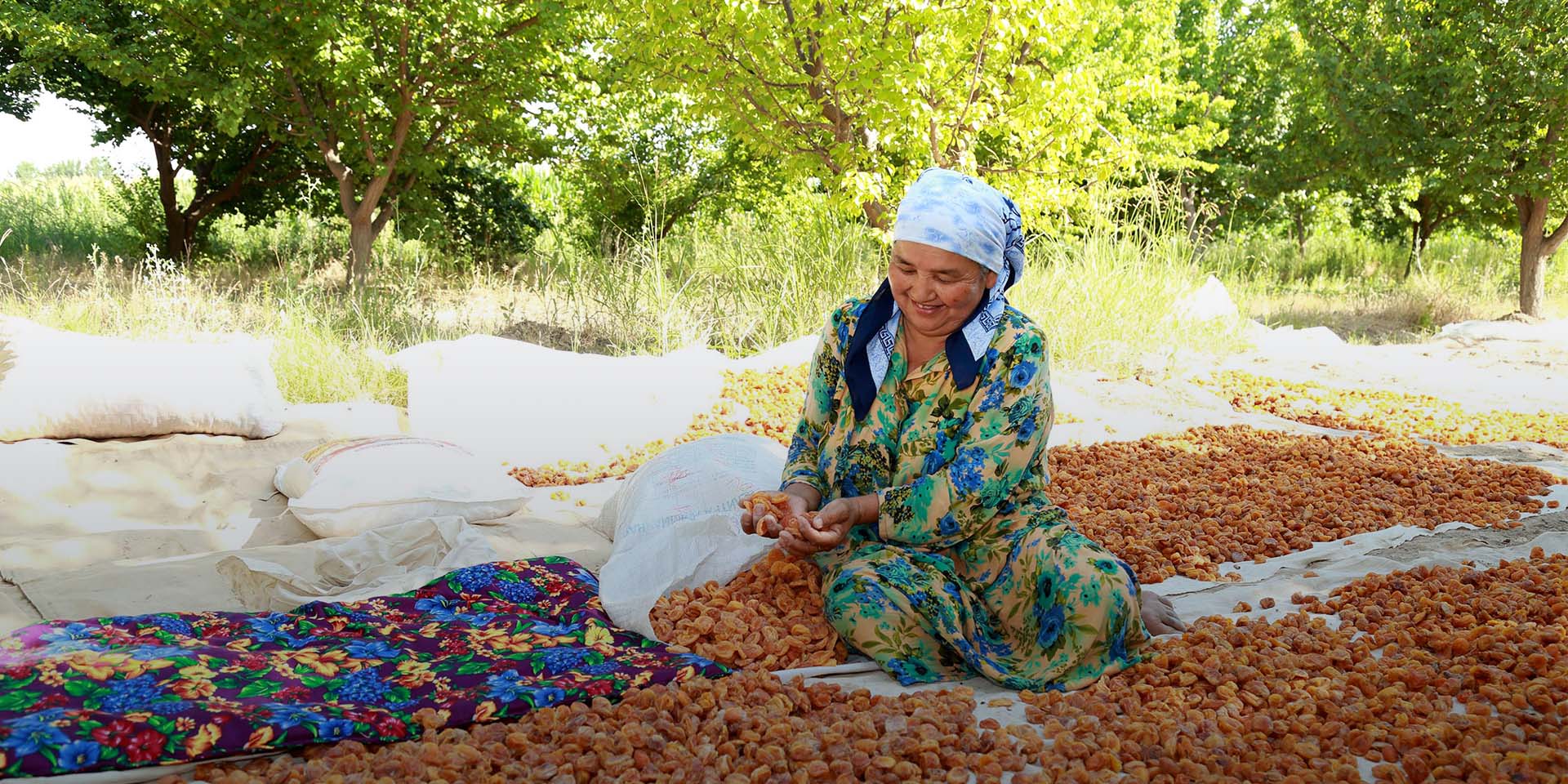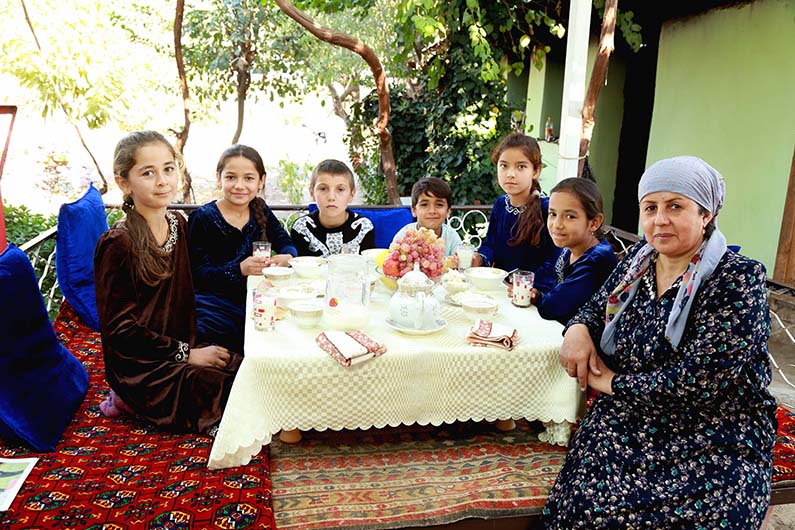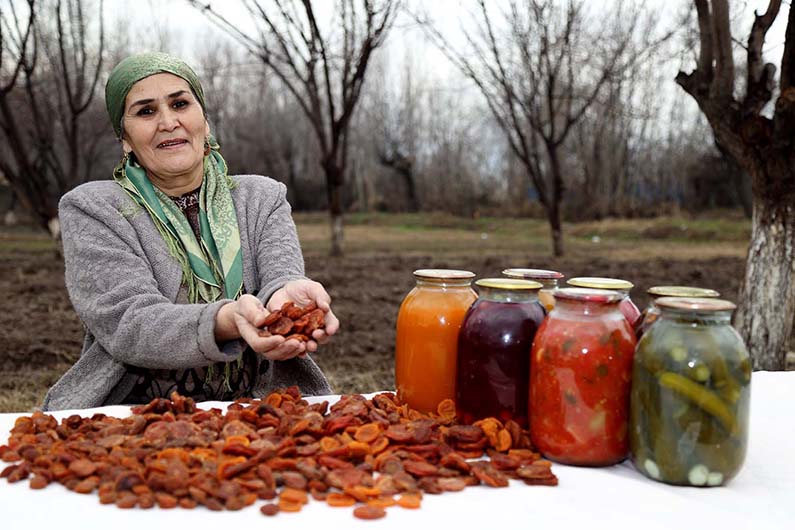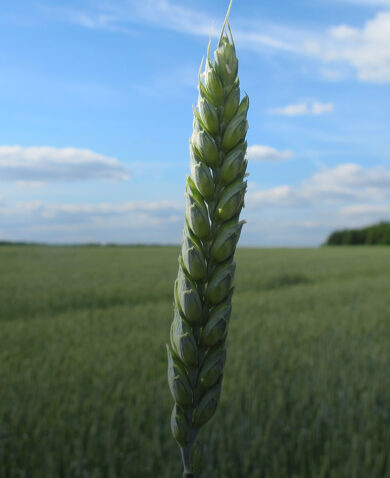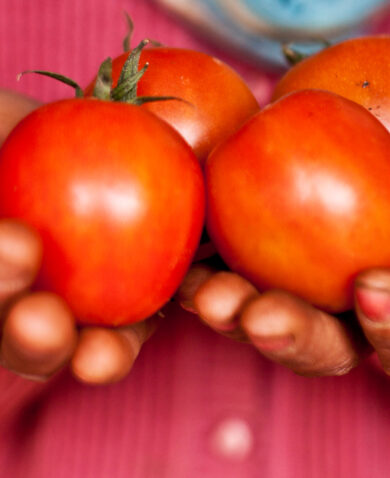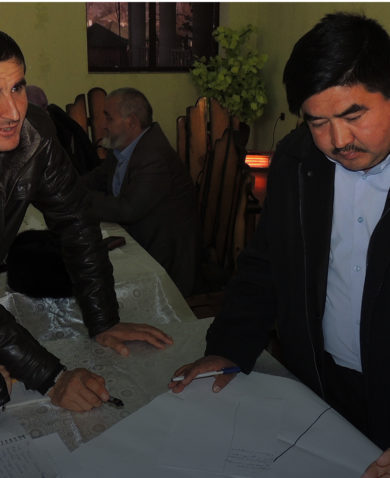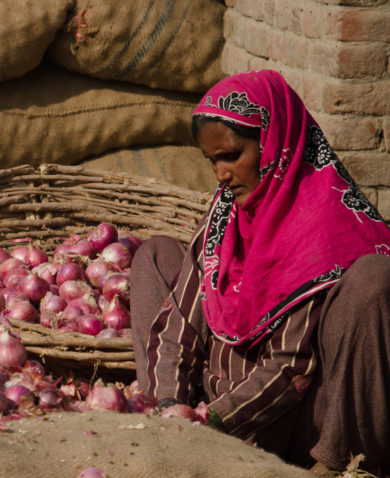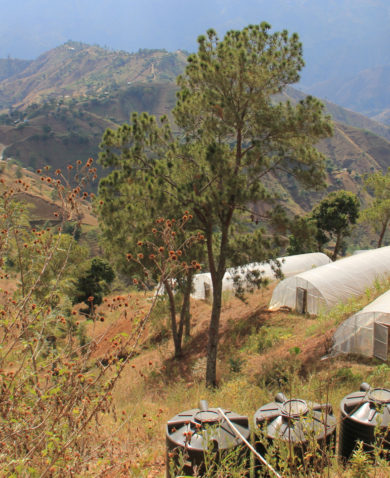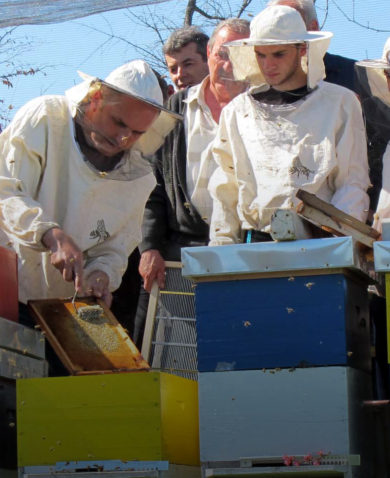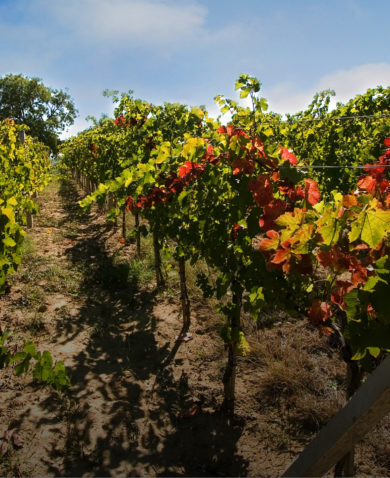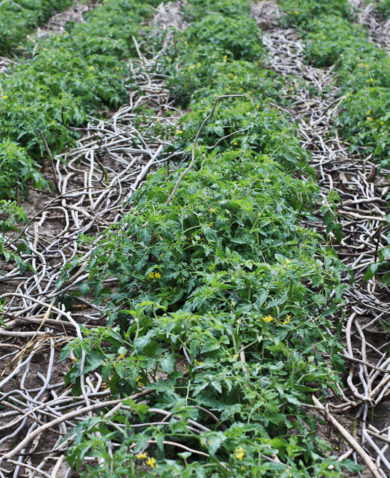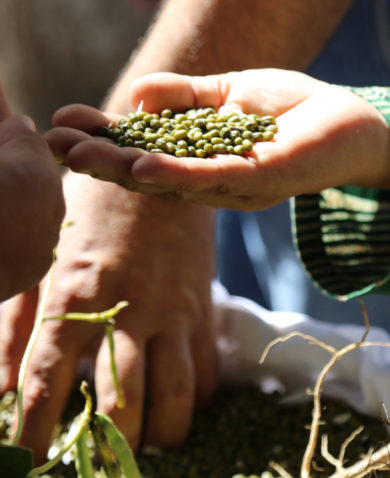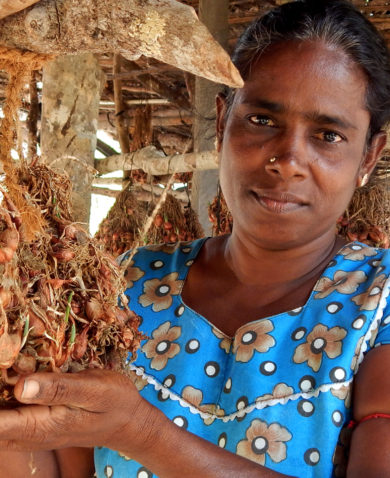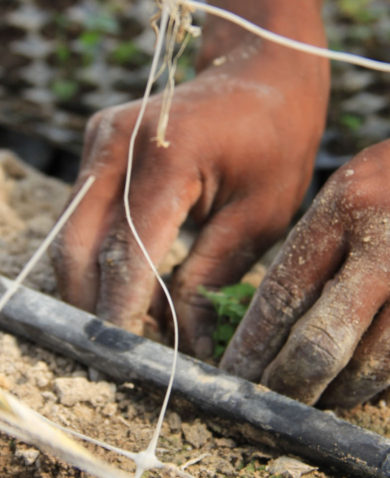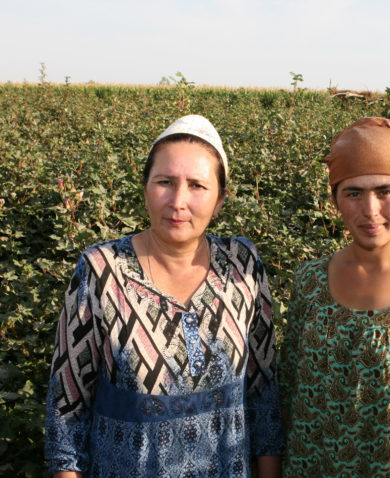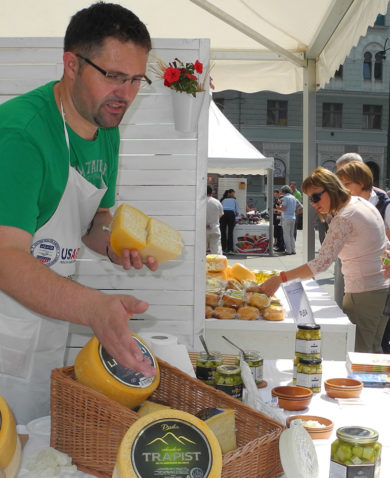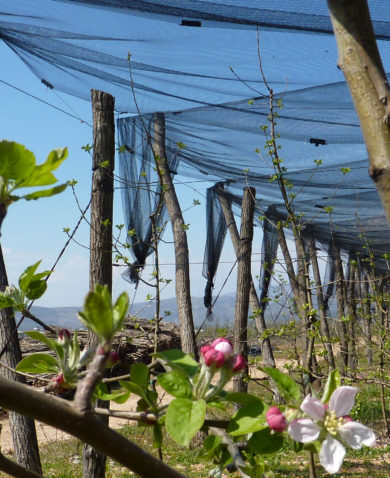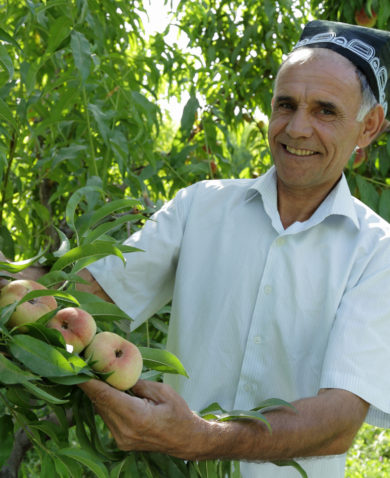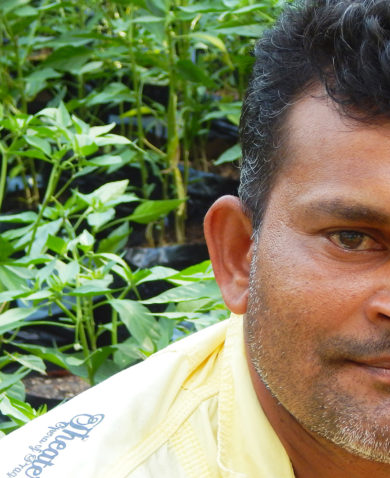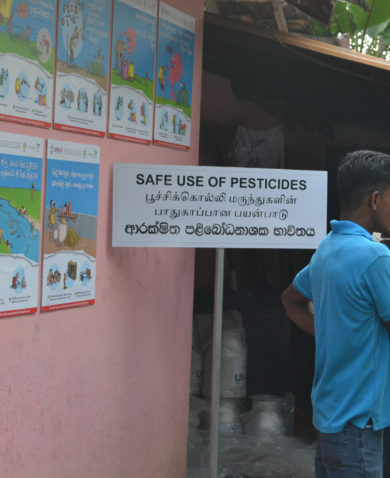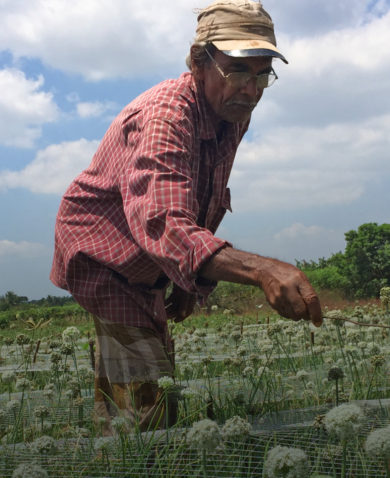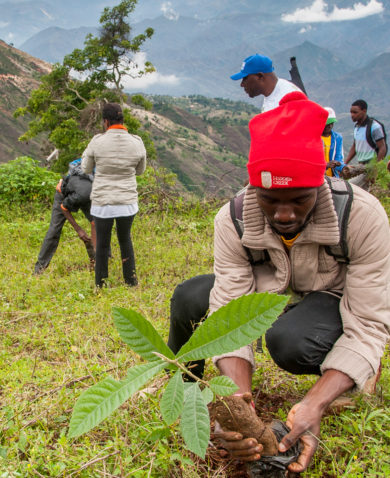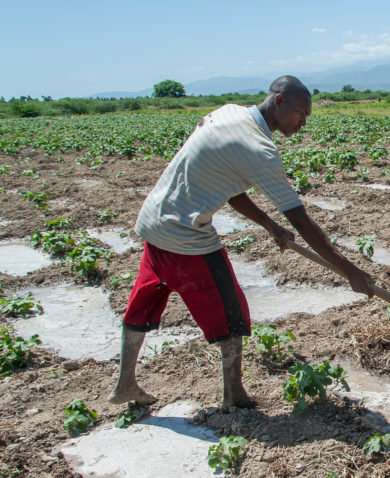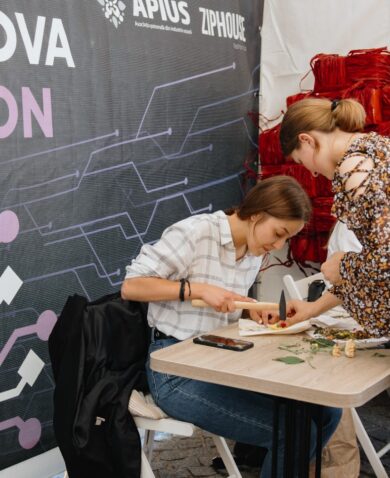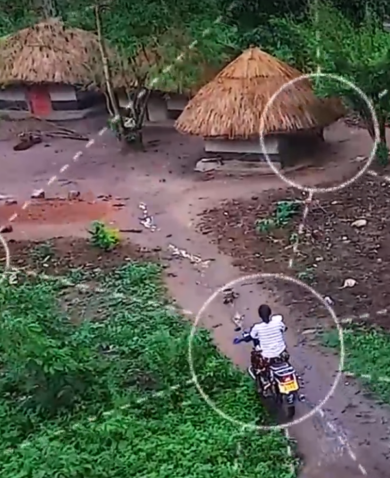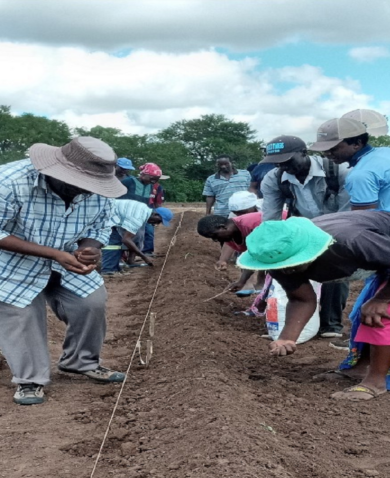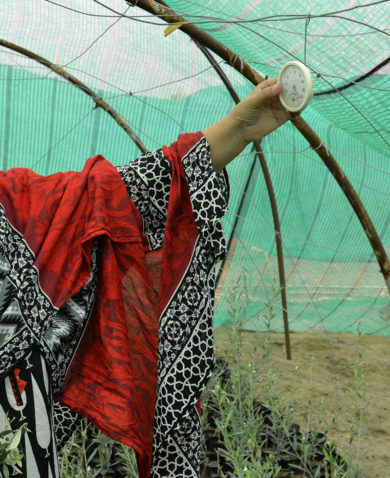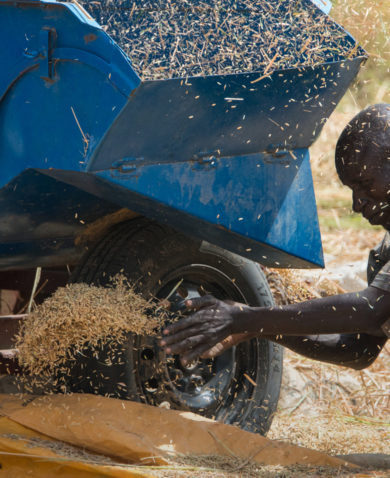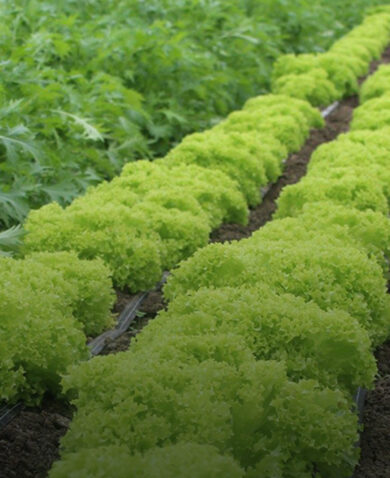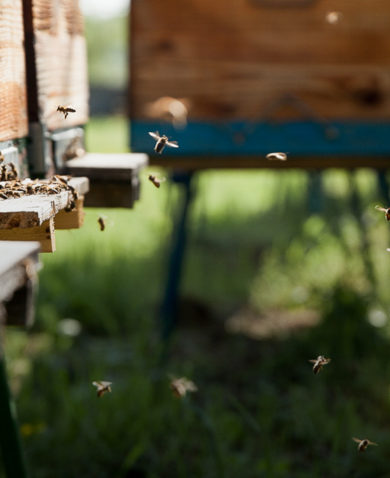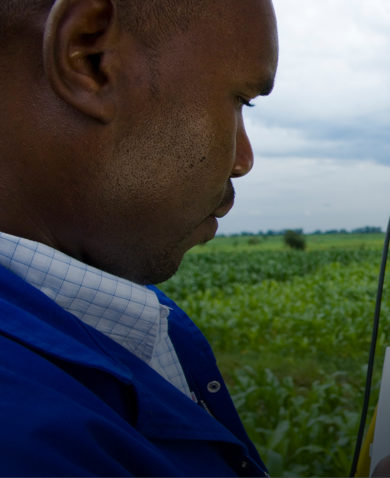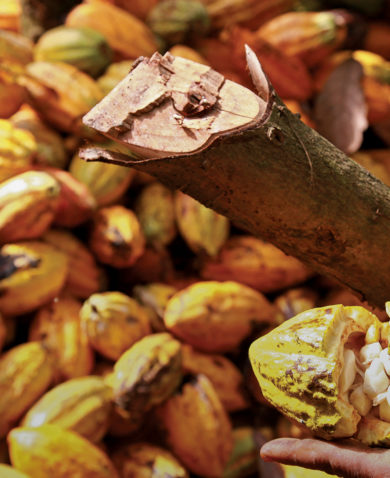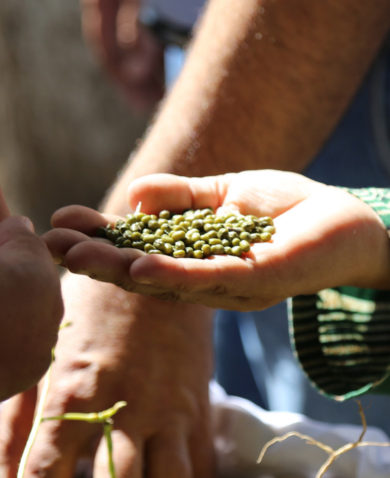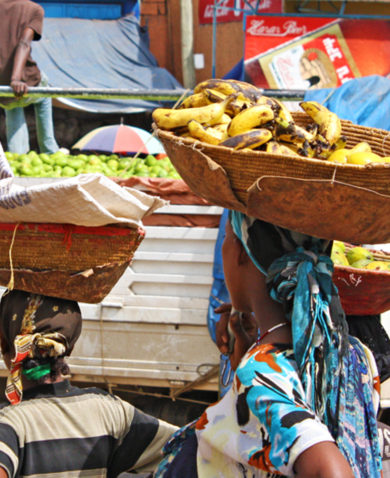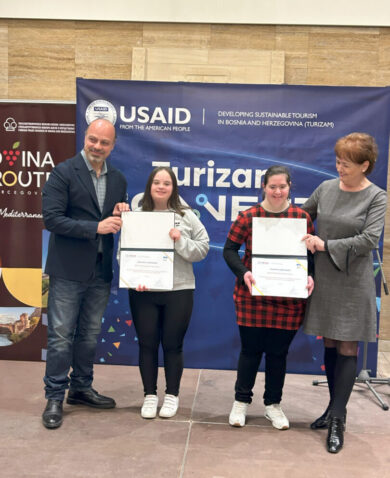Collaborating, Learning, and Adapting from Farm to Fork
One key to TAWA’s success is the collaborating, learning, and adapting (CLA) framework used in its Farm to Fork capacity building program. The program invites women — particularly those who may soon have children or those with children under the age of 2 — to build their capacity, skills, and knowledge to improve postharvest handling, production, processing, consumption, and sales of nutritious foods. Practically speaking, CLA embeds continual improvement and learning into every activity that the project promotes. This includes intentional learning feedback loops, opportunities for sharing knowledge, and the use of technology to support learning and behavior change.
TAWA Learning Cycle

To promote CLA from the outset, TAWA recruited and trained 12 household extension agents (HEAs). HEAs — all women from Khatlon — were selected, in part, for their commitment to open dialogue and continual learning. Over the course of implementation, TAWA staff developed an eight-step learning cycle, pictured above. Alongside TAWA specialists, local leaders, and smallholder farmers, HEAs participate in town halls and conduct surveys to identify high-priority training objectives. As a result, TAWA prioritizes what the Khatloni women really need, rather than focusing on preconceived notions of success. Once the community has set priorities, TAWA specialists train HEAs in the new skills and knowledge so that they can in turn train cohorts of female farmers on skills such as apricot drying and the hygienic care of dairy cows. Perhaps most importantly, HEAs simultaneously constitute and help build a support network of knowledgeable women — including program graduates — who incorporate feedback, check-ins, and technologies in their efforts to empower other women in their province.

